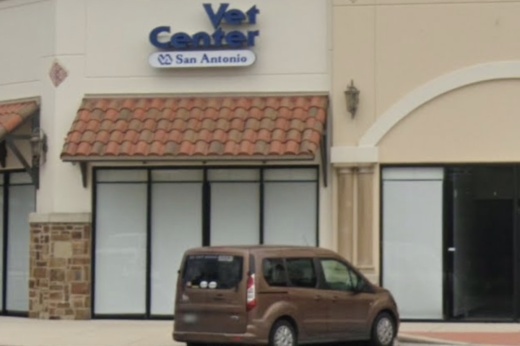The Ecumenical Center and the San Antonio Northwest Vet Center are two more San Antonio-based organizations providing support to victims, families and other community members recovering from the fatal May 24 Uvalde, Texas, school shooting.
Since the shooting that claimed the lives of 19 students and two teachers at Robb Elementary School, numerous businesses, nonprofits and government agencies have been pouring resources into Uvalde and aiding people affected by the tragedy.
The San Antonio Northwest Vet Center, part of the U.S. Veterans Affairs Department, said May 27 it deployed a mobile unit, with a counselor and an outreach specialist, to Uvalde to provide on-site crisis counseling and outreach to local veterans and service members and their family members who have touched by the shooting.
The vet center’s team will be available 8 a.m.-5 p.m. May 30 at the Staff Sgt. Willie De Leon Civic Center, 300 E. Main St. in Uvalde, according to a news release.
The news release said the vet center often dispatches staff to emergency or crisis situations to help care for the communities that they serve.
The Ecumenical Center, a San Antonio-based nonprofit counseling center skilled in trauma informed care, said it sent a team of grief counselors to Uvalde shortly after news of the shootings broke.
According to a press release, the Ecumenical Center has also been distributing grief and trauma kits to Uvalde children who have been affected by the shootings.
“Our specially curated grief and trauma kits provide an important outlet for children to express their feelings about this tragedy in a way that best fits their needs,” Ecumenical Center Chief Executive Officer Mary Beth Fisk said in a statement.
The kits include crayons, markers, a special pencil and pen, a journal, coloring book, pop-it fidget spinners, hand sanitizer, tissues, bubbles and a mirror, along with a bookmark that helps guide children and their families during this time of grief, the release said.
“Each of the items serves a special purpose as children often grieve through ‘play,’" Fisk said. "The bubbles, for example, help children take deep therapeutic breaths when they blow the bubbles; children can also use this experience to visualize their fears blowing away.”
The center has assembled more than 1,500 grief and trauma kits and welcomes community monetary support to help offset the cost of these kits and additional kits that will be needed in the coming weeks and months, the release said.
Additionally, the center is seeking monetary donations to especially help children cope with trauma and grief. Donations to help assemble more grief and trauma kits, and to directly counsel and assist Uvalde children, can be made by visiting www.ecrh.org.
Another nonprofit, Give an Hour, said it aims to establish a free mental health clinic to serve Uvalde, beginning June 6 with plans to stay available from eight to 12 weeks.
Give an Hour is developing national networks of volunteer professionals capable of responding to frequent or major events where mental health needs are many, the nonprofit says.
According to a news release, Give an Hour is seeking clinical providers licensed in Texas who can commit eight to 12 weeks to support the greater Uvalde community either in person or virtually.
Providers will sign up and be vetted through the Give an Hour network provider portal to ensure licensing is current.






